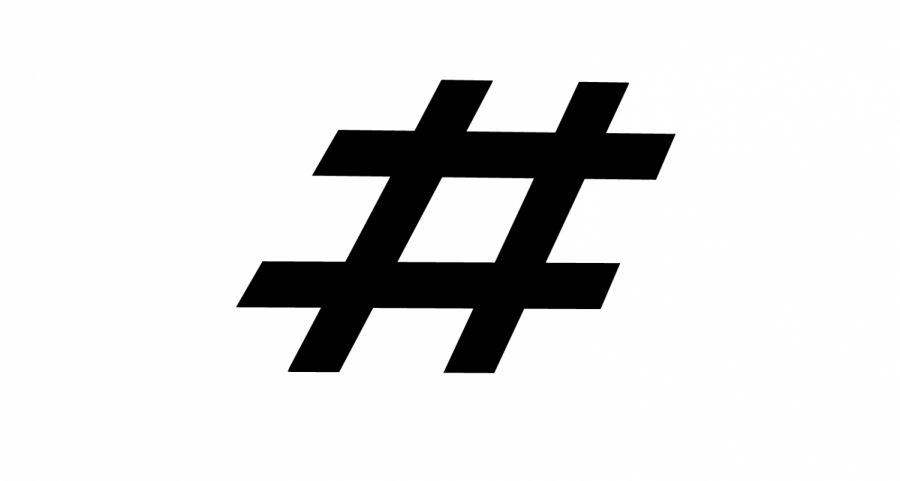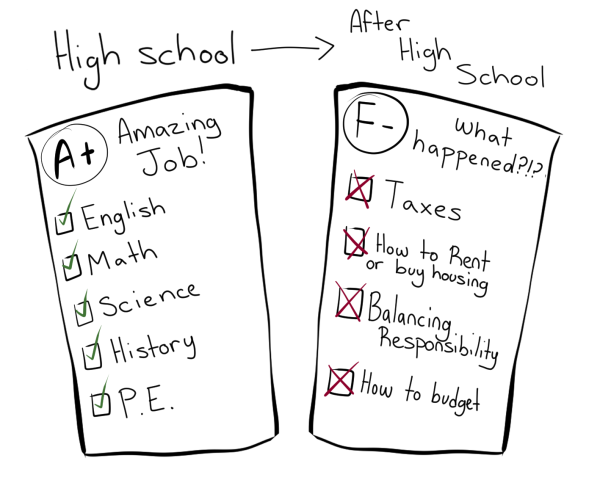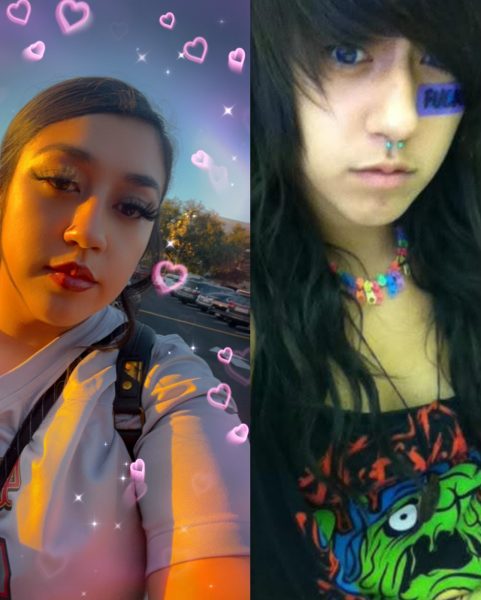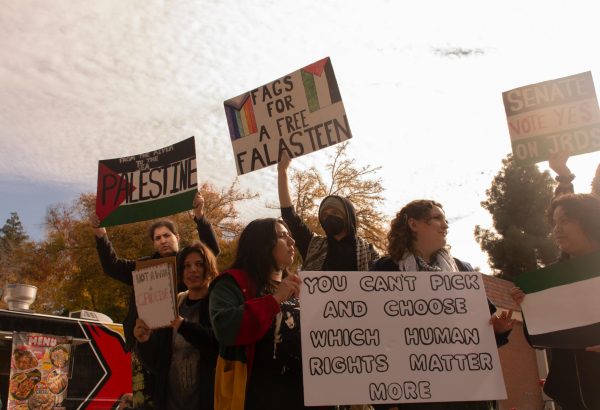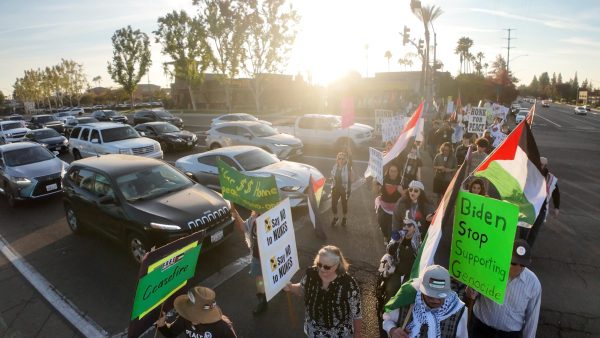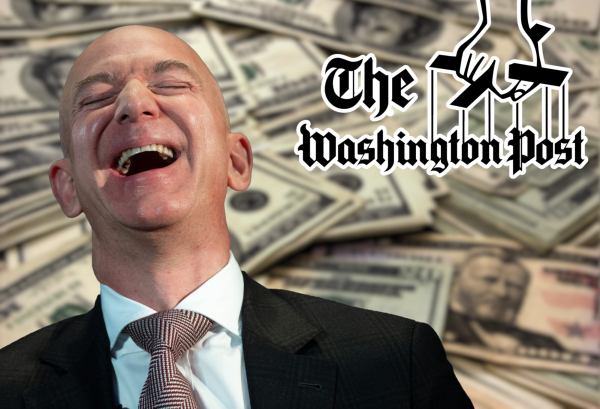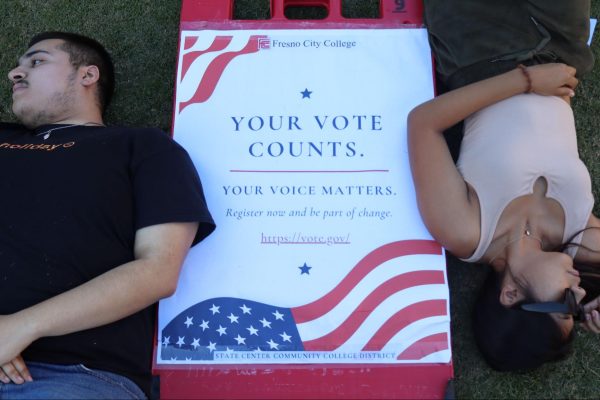Hashtag Activism – Are You Really Doing Your Part?
Love Wins, Women’s March, Black Lives Matter, Pray For Paris; These are all hashtags I’m sure most of us, if not all, are familiar with.
Perhaps we “liked” something affiliated with these hashtags on our social media, or marched among our friends, but are we really doing our part and standing up for these causes even after the social media hype?
In the summer of 2015, the U.S. Supreme Court ruled in favor of legalizing same sex marriage in all 50 states.
To show support for the LGBTQ community, Mark Zuckerberg at Facebook Headquarters decided that he would give Facebook users an option to have a rainbow overlay over their profile photos to support the cause.
According to an article by Caitlin Dewey at The Washington Post, 26 million people used this option in 2015. This is obviously great, but what else have we done outside of this? Are we speaking out against those who constantly discriminate against others? Do we go out of our way to create social change that creates an impact?
“Profile picture campaigns are effective in showing the friends and family in your social network that you have some affinity for a political candidate or cause,” wrote Philip Howard, a sociologist at the University of Washington and the director of the Digital Activism Research Project in the article. “… Policy changes are not usually the outcome.”
I don’t know how many of these 26 million people actually stand up against discrimination towards members of the LGBTQ community, but I know that I personally make the effort to create a social change outside of my social media.
I never back down from voicing my opinion while trying to make the more conservative side understand, because as much as the LGBTQ community is being more accepted, there are still many who don’t accept it and I think they just need to be better informed.
I remember when I went to the Women’s March last year, I was speaking to a lot of women and even men about what it meant to them and why they were marching that afternoon.
To my surprise, there were some women marching with the crowd who didn’t have a specific answer other than, “I came with my friend, so we can fight for women’s rights.” Another said, “I’m standing up against the president.”
At first glance, there doesn’t seem to be anything wrong with those answers, but for me, those answers seemed too far from the overall cause for the Women’s March.
In 2013, the hashtag Black Lives Matter (BLM) was created after the horrific story went viral about George Zimmerman who was acquitted of all charges after fatally shooting Trayvon Martin.
That was only the beginning. More victims of police brutality became exposed, and this hashtag started to soar with an impressive 41 million tweets, according to NPR.
Patrisse Cullors, a co-founder of the BLM movement, told the the LA Times in an interview, “I think our target has been law enforcement, and that has been important because black folks not only are killed with impunity, but also black folks are some of the most marginalized and vulnerable communities in this country.”
How many times have we “liked” or shared something affiliated with BLM on our social media movement? But, when the meme, article, or photo/video gets “liked” or shared, do we go the extra mile to do our part socially?
According to an article by Olivier Laurent at The Time.com, more than 70 million people from over 200 countries shared the hashtag Pray For Paris on Instagram following the terror attacks in Paris.
Although Paris is so far from our country, I wouldn’t expect it to be easy for us to find an easy way to support the cause other than to display the “Peace For Paris” logo. However, we are living in a digital era, which means that we have access to so many resources like never before.
The digital era allows us to participate in hashtag activism, but the next time we like, share, or tweet something, I encourage everyone to do more than display the hashtag.
Find other ways to follow up on the cause, do your research, join meetings to spread awareness within communities, and help inform those who are clueless about the true meaning of the cause.
If we show our support just among our social media group of friends, odds are most of them already agree with your position. So, go find those who don’t necessarily agree or are critics of the cause and don’t be afraid to educate everyone.

